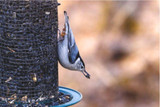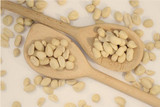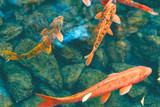What not to feed wild birds: Your complete guide
What not to feed wild birds. If you love to feed the wild birds in your garden, or at the park, chances are you’ve fed them leftover food from time to time. Some foods in our kitchen are fine to feed to birds, while others could actually be doing them more harm than good. In this guide, we’ll discuss what not to feed wild birds - and what you can feed them instead! Take a look.
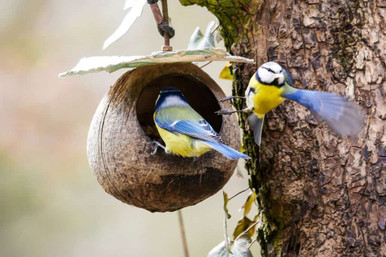
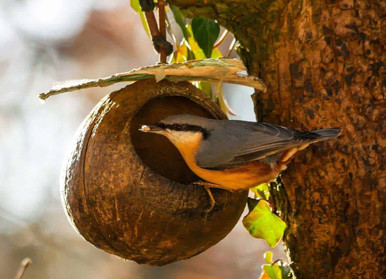

Some foods are toxic to our wild birds
Always avoid feeding birds these foods from your kitchen.Avocado
This so-called superfood is not so super for our wild birds. Vegetables are typically healthy for birds, but avocados contain a fatty, acidic substance that can cause a wide range of health problems for wild birds, including heart damage and even sudden death.Fruit pits or seeds
Most fruits are fine for birds to eat, but it’s important to avoid fruits that have seeds or pits in them. If you’re going to feed the birds in your garden fruits like apples, pears, apricots or peaches, make sure you fully remove the pits or seeds beforehand.Chocolate
Always avoid feeding birds chocolate. You’d be surprised at how many people have tried feeding chocolate to birds before - and just like humans, they find it hard to resist! However, chocolate is actually toxic to birds as it contains theobromine and caffeine. Feeding chocolate to the birds in your garden could cause them to suffer from diarrhoea, seizures and may even cause death in some circumstances.Milk
Birds’ guts are not designed to digest milk properly, which can result in an upset stomach or much more serious health problems - so don’t be tempted to put a tray of milk on your feeder!Can birds eat bread?
Although bread isn’t harmful to birds, it’s best not to feed it to them in large quantities as it has very little nutritional value, and birds need highly nutritious foods in order to maintain their busy lifestyles. Small amounts won’t do them any harm, but there are more nutritional options you’ll probably find in your kitchen.What to feed birds from the kitchen
Now that you know what foods you should avoid feeding the birds in your garden, here are some foods you can feed them (as a replacement) straight from your kitchen cupboard or fridge.
Fruits
Fruits without seeds, like berries, raisins, grapes and mashed bananas can all be offered to the birds on your bird table - and they’ll love them!Cooked rice
Make sure it’s cooked, but brown and white rice are a healthy kitchen food that the wild birds in your garden will love! Some species, such as pigeons and doves, will eat uncooked rice but it’s unlikely any other species will enjoy it.Potatoes
That’s right, birds love potatoes! You can roast them or mash them and they’ll be a guaranteed hit with your feathered friends! Avoid processed potatoes like chips or crisps, though.Porridge oats
Porridge oats could also be a nutritious food source for the birds in your garden, and chances are you’ll have them readily available in your kitchen. However, ensure the oats are uncooked as cooked oats could harden around a bird’s beak.What is the best food for wild birds?
Most garden bird species (including robins, blackbirds and hedge sparrows) will enjoy bird seeds, nuts and live or dried mealworms - such as our mealworms for birds. It’s always best to feed the birds in your garden high-quality food to ensure they are receiving the nutrition they require to go about their busy lives.29th Jun 2019
Explore Popular Articles
-
How Sunflower Seeds Can Improve Your Bird's Health
14th Jun 2024Birds are quite attracted towards sunflower seeds, but have you ever wondered about sunflower seeds&
-
The Ultimate Guide to Feeding Peanuts to Birds: Benefits and Considerations
16th May 2024Feeding Peanuts to birds is a common practice due to their high nutritious value. Being an excellent
-
Signs of Overfeeding Fish: How to Spot and Prevent it
7th May 2024Do you know that fish are more likely to die from overfeeding than starvation? One of the mos


